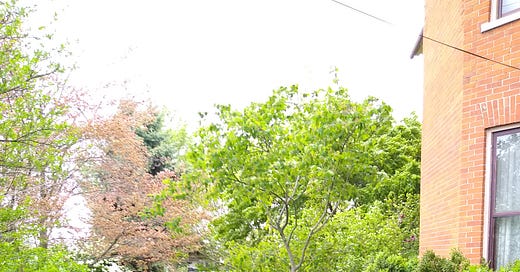Opportunities Lost
We simply do not realize that we have potential for action denied to people in the past.
As global tragedies call for triage, we are torn between self-serving greed and genuine compassion for others. We walk with care and caution the mine fields of moral action. We disagree on the nature and extent of many crises.
We can, however, agree on this: moral action should be aligned with our capacity for such action, and that our capacity for such action changes over time.
Our reach, our tools, our foresight are constantly increasing as new technologies and the impact of an ever-widening synthesis of information give us the will and means to affect more and more outcomes.
Whether we talk of famine, or disease, or natural disaster, we are facing choices that save or waste human life, that provide children with the potential to become healthy adults and themselves moral agents rather than fodder for the war lords of ethnic conflict.
There are many obstacles in our way. The sordid, twisted nexus of power in societies with the knowhow and wealth to make a difference, is surely one. But perhaps as important, is our failure to grasp the full extent of our capabilities.
Our “social thinking,” our economic models, our educational frameworks, are out of touch with our science, our technology and our wealth.
Yes, we still need to consider that there are limits. We need to accept that we are not Gods. Triage of a kind is required. However, we are neither pigs in a wallow of glorious mud, nor misguided and cringing witnesses to history.
However, you wish to express it. Whether as children of God, a little lower than the angels, or the product of an evolutional process that forged in our DNA the desire to make things right for more than ourselves, we are made for action. Slowly, over centuries we have amassed the capacity to create a peaceful, prosperous, and outward thinking world. We must recognize the extent of our collective abilities and the resulting possibilities for effective action.
I recall an old film I used in class. It closed with a solitary man walking a dirt road. The voice over was the then President of Tanzania, Julius Nyerere. Speaking to us. “You think of yourselves as a poor nation. You are not poor; you are rich.”
Our riches are not for ourselves alone.



